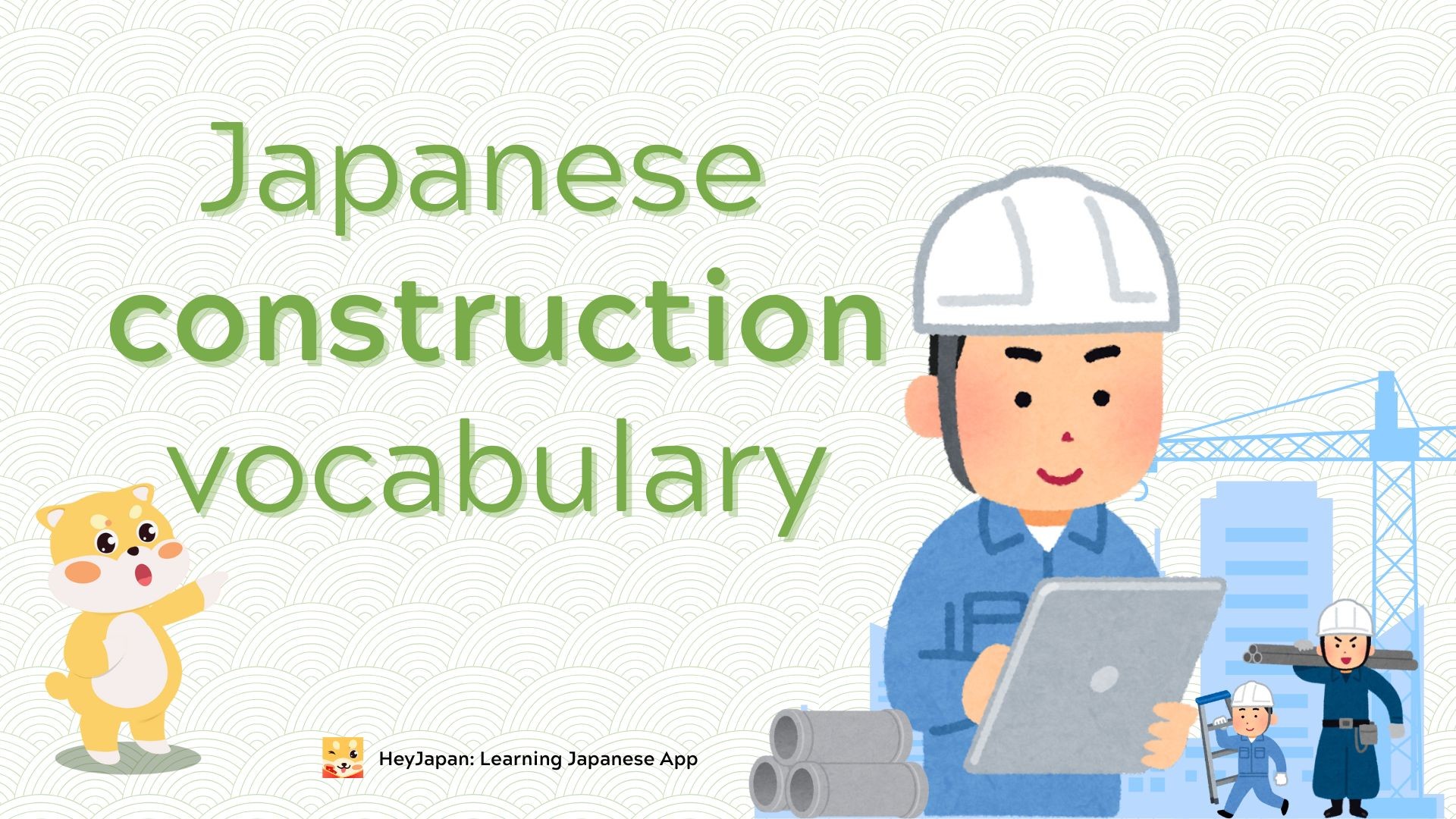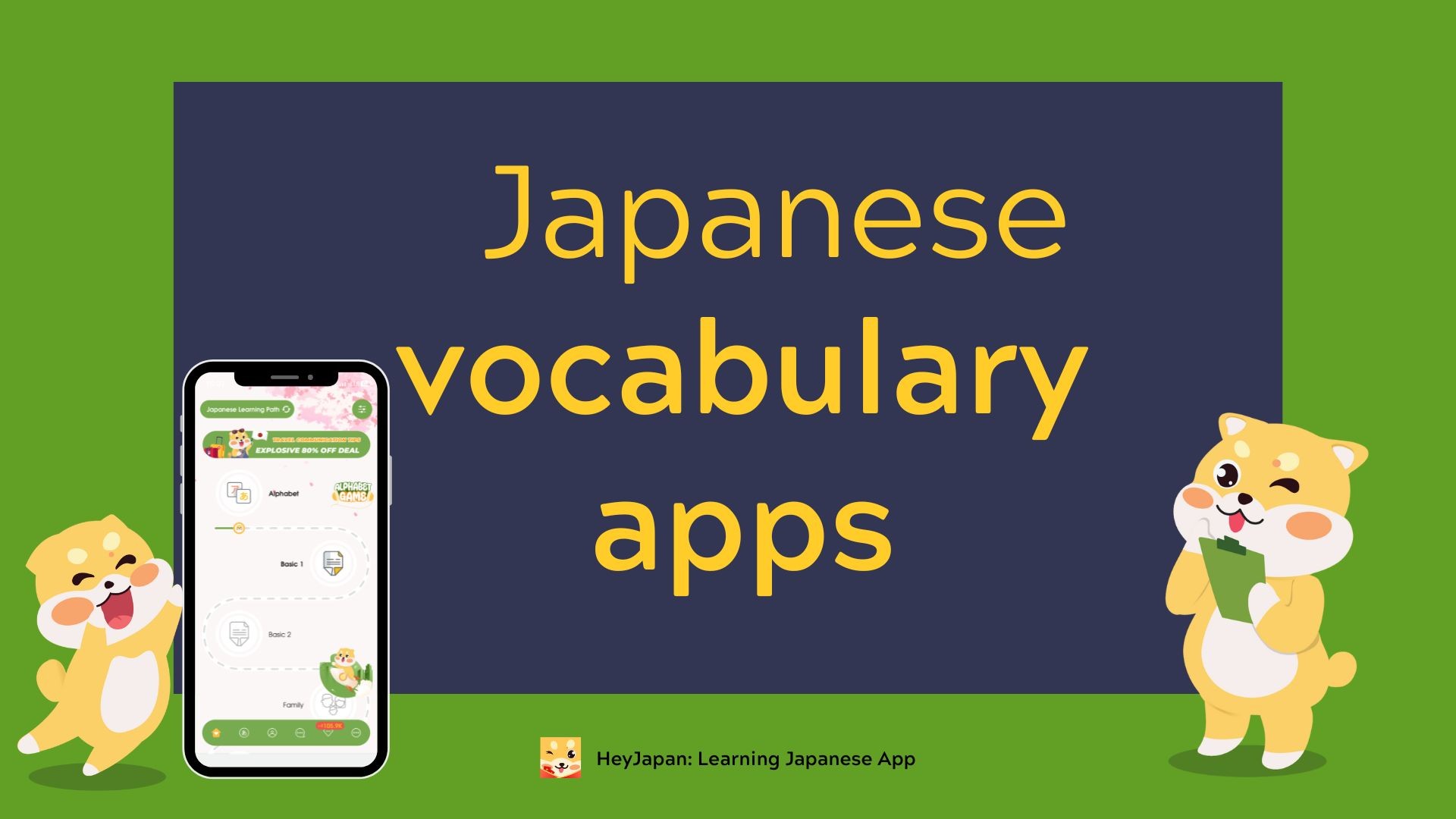- Introduction to Japanese Time Vocabulary
- Basic Japanese Time Vocabulary
- 1. Hour (時, じ)
- 2. Minute (分, ふん / ぷん)
- 3. Day (日, にち)
- 4. Week (週, しゅう)
- 5. Month (月, げつ)
- 6. Year (年, ねん)
- How to Use Time Vocabulary in Real-life Situations
- 1. Asking for the Time
- 2. Setting Up Appointments
- 3. Talking About Future Plans
- Special Time Expressions in Japanese
- 1. Using "AM" and "PM" in Japanese
- 2. Other Time Expressions
- How to Effectively Learn Japanese Time Vocabulary
- Time Vocabulary in JLPT
- Mastering Japanese time vocabulary is essential for effective communication and success in the JLPT exams. By practicing regularly and applying these terms in real-life situations, you can quickly improve your Japanese skills. Be sure to use flashcards, review frequently, and take advantage of available learning resources.
Introduction to Japanese Time Vocabulary
When learning Japanese, mastering time vocabulary is a crucial element. These terms are not only important for effective communication but also form an essential part of the JLPT exams. Understanding and correctly using time-related vocabulary will help you feel more confident in everyday conversations as well as during official exams.
In this article, we will introduce you to basic Japanese time vocabulary, how to use it in conversations, and share some helpful tips to learn it more effectively.
Basic Japanese Time Vocabulary

Here are some essential time-related terms in Japanese that you should know.
1. Hour (時, じ)
- The Japanese word for hour is 時 (じ).
- Ichiji (いちじ): 1 o'clock
- Sanji (さんじ): 3 o'clock
2. Minute (分, ふん / ぷん)
- The Japanese word for minute is 分 (ふん) or ぷん, depending on the number. Here are some examples:
- Ippun (いっぷん): 1 minute
- Sanpun (さんぷん): 3 minutes
- Juppun (じゅっぷん): 10 minutes
3. Day (日, にち)
- The word for day in Japanese is 日 (にち). This term is commonly used when talking about dates or days of the week.
- Kyou wa nichiyoubi desu (今日は日曜日です): Today is Sunday.
- Ashita wa nannichi desu ka? (明日は何日ですか?): What is tomorrow’s date?
4. Week (週, しゅう)
- Week in Japanese is 週 (しゅう). The days of the week are usually expressed by adding 曜日 (ようび) after each day:
- Getsuyoubi (月曜日): Monday
- Suiyoubi (水曜日): Wednesday
5. Month (月, げつ)
- Month in Japanese is 月 (げつ).
- Ichigatsu (一月): January
- Shichigatsu (七月): July
6. Year (年, ねん)
- Year in Japanese is 年 (ねん).
- Kotoshi (今年): This year
- Rainen (来年): Next year
How to Use Time Vocabulary in Real-life Situations
1. Asking for the Time
Asking for the time in Japanese is simple, but it’s a key part of daily communication. To ask the time, you can use the following sentence:
- Ima, nanji desu ka? (今、何時ですか?): What time is it now?
Here are some possible responses:
- Ima, sanji desu. (今、三時です): It’s 3 o'clock now.
- Ima, kuji han desu. (今、九時半です): It’s 9:30 now.
2. Setting Up Appointments
When setting up appointments, you will need to use time-related vocabulary to specify the meeting time.
Example:
- Gogo niji ni aimashou. (午後二時に会いましょう): Let’s meet at 2 PM.
- Raishuu, kaigi ga arimasu. (来週、会議があります): There’s a meeting next week.
3. Talking About Future Plans
Time vocabulary also comes into play when talking about future plans.
Example:
- Raigetsu, Nihon ni ikimasu. (来月、日本に行きます): I’m going to Japan next month.
- Kotoshi no natsu, Tokyo ni hikkoshimasu. (今年の夏、東京に引っ越します): I’m moving to Tokyo this summer.
Special Time Expressions in Japanese
1. Using "AM" and "PM" in Japanese
In Japanese, AM is referred to as 午前 (ごぜん) and PM as 午後 (ごご).
Example:
- Gozen hachi-ji (午前八時): 8 AM
- Gogo san-ji (午後三時): 3 PM
2. Other Time Expressions
Common expressions like "one week later" or "two days ago" are also frequently used in Japanese.
Example:
- Isshuukan go (一週間後): One week later
- Futsuka mae (二日前): Two days ago
How to Effectively Learn Japanese Time Vocabulary
Here are some effective ways to study Japanese time vocabulary:
- Use Flashcards: Flashcards are a great tool for memorizing time vocabulary quickly. You can use apps to practice time-related terms.
- Practice with Real-life Situations: Try practicing listening and speaking with friends, teachers, or through Japanese learning videos.
- Regular Revision: Make a study schedule and review time vocabulary every day or week to reinforce your knowledge.

Time Vocabulary in JLPT
Japanese time vocabulary frequently appears in JLPT exams, especially in levels N5 and N4. To prepare effectively, you should:
- Practice time-related vocabulary regularly with exercises and mock tests.
- Use JLPT study materials to improve your listening and reading comprehension.
Additional Learning Resources
- Japanese Textbooks: Refer to textbooks like “Minna no Nihongo” or “Genki” for time-related vocabulary.
- Vocabulary Apps: Apps like HeyJapan or WaniKani can help you practice and memorize time vocabulary.
- Japanese Learning Videos: You can find many educational videos on YouTube or other learning platforms that teach time vocabulary.









